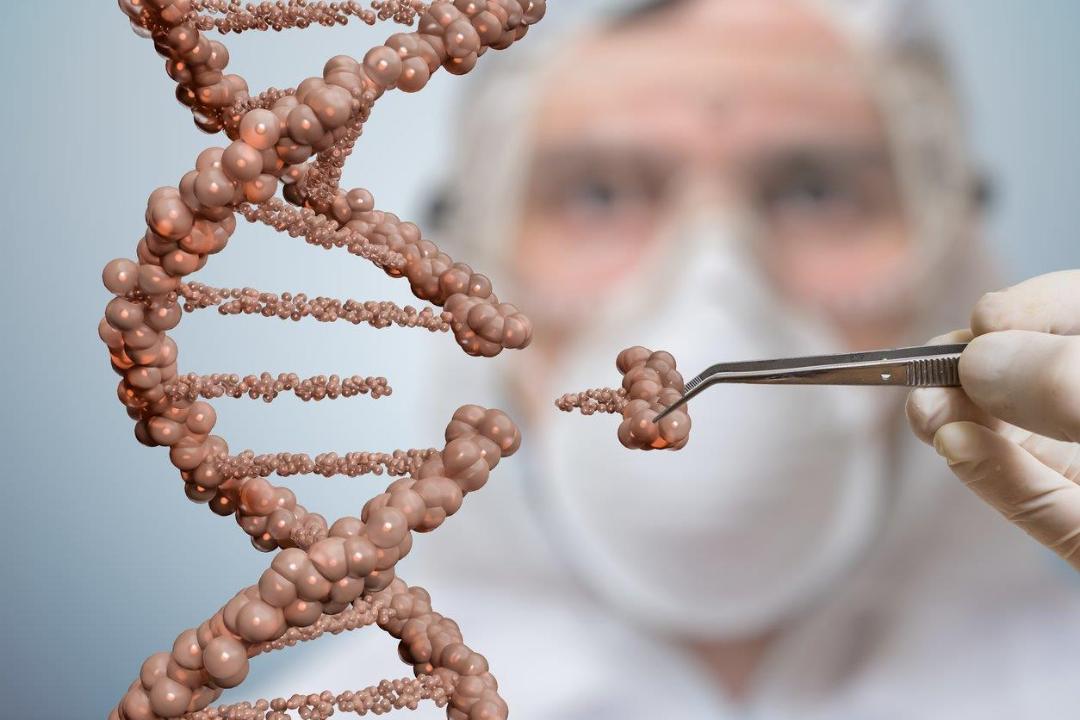Move Over GMOs? Monsanto Experimenting With Gene Editing
Monsanto (NYSE:MON), the world’s largest producer of GMO seeds, is betting that a new technology called gene editing may calm consumers unease about eating modified foods.
“I see gene editing very differently [than GMOs] because it’s being used today broadly by pharmaceutical, agricultural companies, universities and hundreds of startup companies -- and I think there is broad support for this science and I think that is going to make a big difference,” Dr. Robert Fraley, chief technology officer for Monsanto, tells FOX Business.
Monsanto announced earlier this month that they are investing heavily in gene editing or CRISPR/Cas9—a genome editing technology developed by Broad institute—that will allow scientists to make changes to a plant’s already-existing DNA without adding any foreign DNA (like GMOs allow).
"In the crop world we use [GMOs] to introduce a new gene into a crop, a gene that may confer tolerance to drought, or a protection against insects. With gene editing, we don’t have to put a new gene into the plant. What we are able to do is precisely modify a gene that is already existing in the plant, in the animal, or even in human healthcare applications,” Fraley adds, who says consumers can expect these new products to hit the market in the next 5 years.
“Some of the first products are already going through regulatory approval. Just last year, scientists developed a mushroom where they knocked out the gene that causes the mushroom to turn brown, so that will be able to reduce food waste and improve flavor,” Fraley adds.
However, some food experts and scientists are skeptical.
“While these new technologies are touted to be more precise than older genetic engineering technologies, it is widely accepted in the scientific community that there can be ‘off target’ effects to the genome when the technologies are utilized. GMOs, including the products of these new technologies, have not been adequately tested—no long-term feeding studies have been conducted—and people are starting to connect these experimental technologies to health concerns,” Megan Westgate, executive director of Non-GMO Project, tells FOX Business.
Dr. V.A. Shiva Ayyadurai, a scientist and CEO of CytoSolve, Inc., says gene editing sounds much simpler than it is – and for him, that is the problem.
“The human body and the human cell are an interconnected complex system of systems. Editing a single gene, has systemic effects, which cannot be done ad hoc. Changing one itsy weeny teeny weeny gene isn't so simple. One needs to understand how that change affects the concentrations of other chemicals in the plant," Ayyadurai tells FOX Business.
Jon Entine, executive director of the Genetic Literacy Project and founder of Genetic Experts News Service, says that while gene editing may be an easier sell to consumers than GMOs, it also stands to boost Monsanto’s bottom line.
“CRISPR and other gene editing techniques are scientifically easier than conventional breeding. And, genetic engineering saves time and money—as much as $130 million in 10 years or more, which is the cost and time of getting a GMO approved and commercialized,” Entine tells FOX Business.
Last year, PEW Research Center found that 39% of Americans consider genetically modified foods worse for a person’s health than other foods, compared to 48% of adults who say GM foods are no different than non-GM foods.
Fraley says part of the reason that some Americans have a negative perception of GMOs is because the company didn’t educate people about the science early on.

“That was a big mistake, and in our [absence] of communicating that other folks were able to position the technology in a negative sense, and it’s taken a long time to build back up the understanding and benefit of these tools,” Fraley says.




















